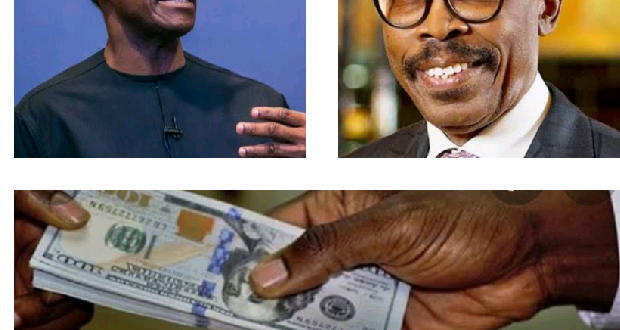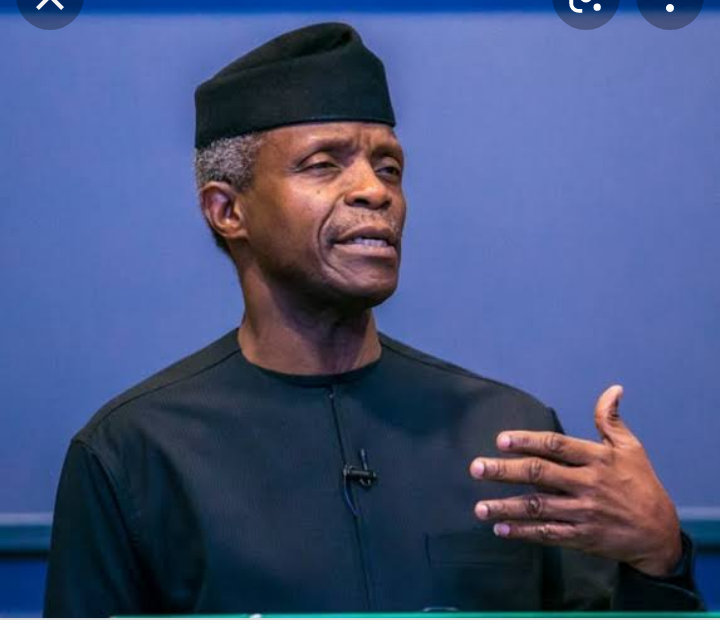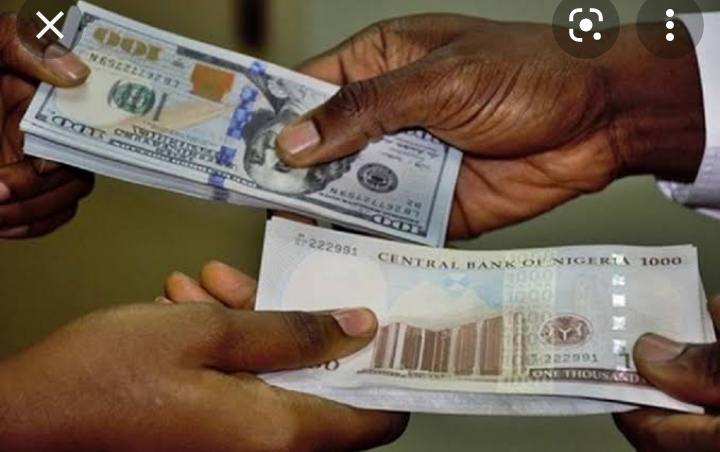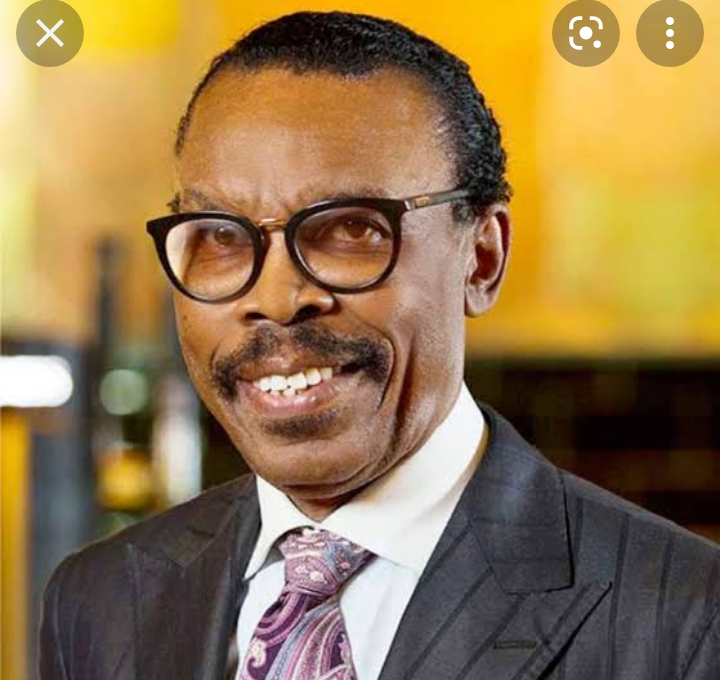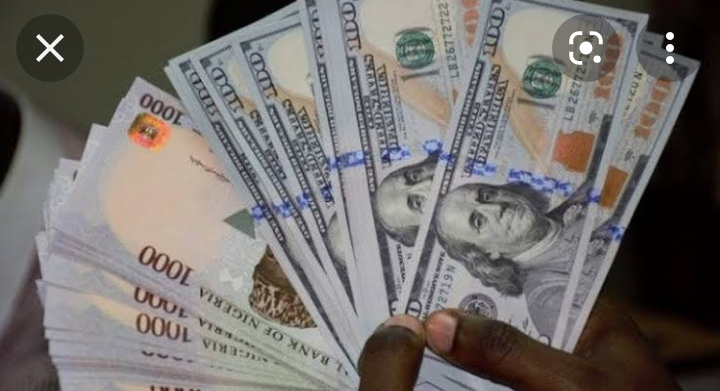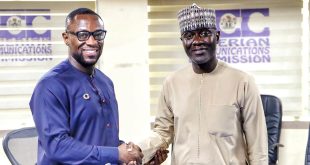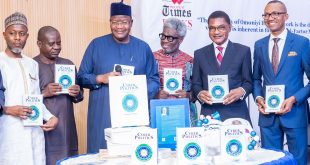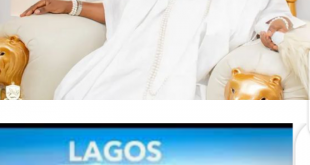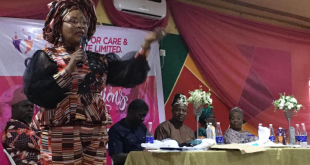For many Nigerians, there is need for urgent and strategic measures to be put in place to effectively tackle the nation’s lingering economic challenges beyond just the rhetoric of the economic boom. The lamentations over the worsening economy are too loud to be ignored, the pain and anguish on average Nigerians too noticeable to be overlooked.
The situation is undoubtedly having a ripple effect on security. Nigerians at home and abroad seem to be united in their call for an economic rejig to at least feel the impact of the current administration. They are more troubled with the continued devaluation of naira against other currencies, especially the US dollars.
Although, for over four decades, precisely from the early 1970s when Nigeria changed its currency from pounds and pence to the naira and kobo, the exchange rate of the naira to the dollar has always been a critical part of the management of the Nigerian economy. Despite the fact that the exchange rate makes little or no meaning to average citizens the effect it has on household items, food, etc is felt by all. The exchange rate has always been a challenge to economic managers in their bid to determine the optimal value of the naira against the major currencies.
Hence, some experts have blamed the falling naira value on Nigeria’s mono-product economy, which is 90 per cent import dependent. Others claim that oil as the major product of the Nigerian economy is priced in U.S. dollars and hence the principle of demand and supply, which governs the rate of a currency, does not impact the Nigerian currency with regards to this single product. Consequently, as naira embarked on a steady fall against the US dollar and other currencies, even to neighbouring Benin Republic’s CFA franc, there is anxiety among Nigerians that if the exchange rate of the US Dollar to Naira can rise from N200 to N520 in six years, then it can also rise beyond N1,000 if urgent actions are not taken to nip the economic problem in the bud.
Today, in spite of the efforts made by the federal government and the Central Bank of Nigeria, CBN, it is evident that the exchange rate benefits only a few who are able to obtain the dollar legally or illegally at N410 and simply turn around and sell to the parallel market at N570. Financial experts agree that the current value of naira is not the true reflection of what it should be in the exchange market. They argued that the Nigerian naira should be getting stronger because during the COVID period, the price of crude oil dropped as low as $28 per barrel, saying that today it is $82/$83 a barrel and therefore, the currency should be four times stronger than what it is.
But to frontally tackle the problem, which has worsened the economic situation due to ever increasing demand for the US dollar, Vice President Yemi Osinbajo called for measures that would increase the supply of foreign exchange in the market rather than simply managing demand, which, he said, opens up irresistible opportunities for arbitrage and corruption. According to the VP, the naira exchange rate was being kept artificially low and that there is a need for a foreign exchange that curbs arbitrage and corruption, offering Nigerians cheaper dollars. He said the move would stop the huge arbitrage of over N160 per dollar currently being charged.
Osinbajo said such massive difference discourages doing proper business, when selling the dollar can bring in 40% profit! As the foreign investors and exporters continue to complain over their inability to bring foreign exchange in at N410, they are being forced to purchase foreign exchange in the parallel market at N570 to meet their various needs on account of unavailability of foreign exchange. It is crystal clear that as Prof Osinbajo suggested, only a more market reflective exchange rate would ameliorate this. It is believed that with an increase in the supply of dollars, the rates will drop and the value of the Naira will improve.
Therefore, experts contend that the real issue confronting the economy is how to improve the supply of foreign exchange, but the VP said this will not happen if the nation does not allow mechanisms like the Importers and Exporters window to work. “If we allow this market mechanism to work as intended, we will find that the Naira will appreciate against the dollar as we restore confidence in the system,” he said.
Barely 24 hours after some misconstrued President Osinbajo’s suggestion to mean devaluation of Naira, financial experts have thrown their weight behind him, saying that his views that Nigeria has an artificially low foreign exchange rate was “absolutely correct”.
Top among the financial experts who corroborated the VP’s comments that Nigeria has an artificially low foreign exchange rate is the renowned Nigerian economist, Bismarck Rewane. According to Rewane, who was a guest on Channels TV Politics Today on Tuesday, the naira should be four times stronger than what it is today but for a number of factors which he said were also responsible for the weak economy.
Rewane said: “First and foremost, let me be clear that what the Vice President (Osinbajo) said was absolutely correct. In the sense that no currency which is managed at a fixed rate basis will ever find fair value. To that extent what does it mean? It means that the currency has market value and what is called official value but in reality, the question we have to ask ourselves like the President just said that the goal is to build a resilient and strong economy. Some people mistake a strong currency for a strong economy, no.
“The truth is that a strong economy leads to a strong currency by implication. You can have a strong currency and a weak economy, it is a matter of time that the economy will flounder. He then highlighted why the Nigerian economy was weak and the factors responsible for it. “So where do we get some kind of alignment, such as a currency that is overvalued, is it transitory or is it structural. What you must note is that the Nigerian economy ran into difficulty, the event of the difficulty being the pandemic, but the cause of the problem was pre-existing before coronavirus. Out of that pre-existing condition was an overvalued exchange rate, subsidies in the petroleum system and price elasticity.
Also in his view published in the Premium Times, a renowned economist and lawyer, Mr Eustace Odunze, said there are two significant ways for Nigeria to tackle the worsening exchange rate of the naira under the present circumstances. He said: “The first is to increase the supply of the dollar to the economy and the second is to reduce demand. The best option, however, is the combination of policy initiatives to achieve both. Until now, Nigeria seems to be giving undue focus to the management of the demand side and this policy approach has achieved very limited results over time. A look at the supply side of things may perhaps achieve faster and better results”.
The policy trust in this direction seems to centre on diversification of the economy to agriculture. This is desirable, since food import accounts for a significant portion of the demand for foreign exchange in the economy. It is, however, a slow and long drawn approach, with its impact being in the long term. According to the renowned economist, John Maynard Keynes, “in the long run we are all dead “. A quick-win approach will be the boosting of supply of foreign exchange from low hanging sources that are achievable, with immediate policy changes by the government, like the improvement of tourism, home remittances and entertainment.”
 The Story Your path to the story
The Story Your path to the story

